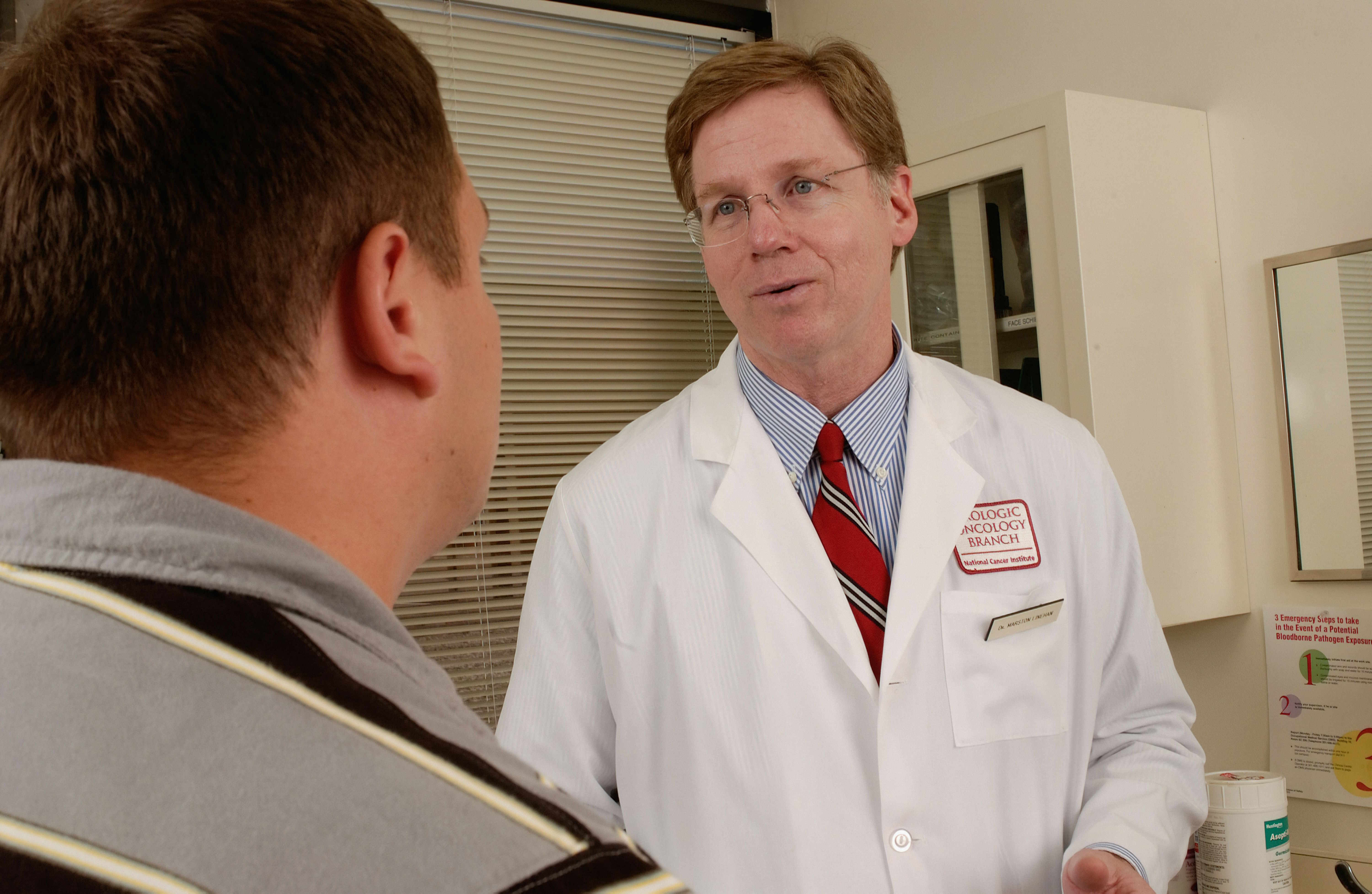Everything You Need To Know About Frequent Urination
Are you facing the inconvenience of frequent urination? It's more common than you might think, and the good news is that there are solutions at hand. Let's delve into the causes, treatments, and latest developments in the field, from the Oxytrol manufacturer to molecular urology.

Understanding Frequent Urination
Frequent urination, or urinary frequency, is a condition that causes you to need to urinate more often than usual. It can disrupt your sleep, work, and general quality of life. Although it can be a symptom of various health conditions, it’s not always a cause for concern. However, if it persists, it’s wise to consult a urinary incontinence specialist.
Causes and Symptoms
A variety of factors can cause frequent urination, ranging from lifestyle choices to medical conditions. These can include high fluid intake, bladder infections, diabetes, and pregnancy. Symptoms include:
- The urge to urinate more than eight times a day
- Urinary urgency
- Incontinence (inability to control urination)
Consulting an Incontinence Specialist
If you’re experiencing symptoms of frequent urination, it’s advisable to consult a specialist. Urologists and urogynecologists are the primary specialists who diagnose and treat urinary incontinence. Finding a reputable incontinence specialist near you can provide a professional diagnosis and recommend appropriate treatments. In the US, many top hospitals and clinics offer specialized care, including:
- Mayo Clinic (Rochester, MN; Scottsdale, AZ; Jacksonville, FL):
- Renowned for its Urology Department, the Mayo Clinic offers comprehensive care for urinary incontinence. Their specialists focus on both medical and surgical treatments, including the latest in minimally invasive procedures.
- Cleveland Clinic (Cleveland, OH):
- A leader in urological care, Cleveland Clinic has a dedicated team of incontinence specialists and pelvic floor therapists who provide personalized treatment plans. They utilize advanced diagnostics, including urodynamic testing, to accurately identify the cause of symptoms.
- Johns Hopkins Hospital (Baltimore, MD):
- Known for its expertise in molecular urology, Johns Hopkins offers cutting-edge treatments for overactive bladder and frequent urination. Their specialists are involved in pioneering research that aims to uncover genetic factors contributing to urinary disorders.
- Northwestern Medicine (Chicago, IL):
- Home to the Center for Continence and Pelvic Health, Northwestern Medicine specializes in treating complex urinary incontinence cases. They offer a multidisciplinary approach, combining urology, urogynecology, and physical therapy.
- Cedars-Sinai Medical Center (Los Angeles, CA):
- Cedars-Sinai’s Urology Department is well-regarded for its expertise in treating overactive bladder and incontinence using advanced techniques like Botox injections, sacral nerve stimulation, and bladder augmentation surgery.
The Role of Molecular Urology
Molecular urology is a rapidly advancing field that’s providing new insights into the causes and treatments of urinary disorders. It involves studying the molecular and genetic factors that contribute to these conditions, leading to more accurate diagnoses and targeted treatments. Research in this field is helping develop new medications and therapies, offering hope for patients with treatment-resistant conditions.
A Closer Look at Oxytrol Manufacturer
Oxytrol is a medication commonly prescribed for overactive bladder, a condition often associated with frequent urination. Produced by the Oxytrol manufacturer, this transdermal patch delivers a steady dose of medication to help control bladder spasms. It is available over-the-counter (OTC) for women, making it a convenient option for managing symptoms without a prescription.
Lifestyle Modifications and Home Remedies
Apart from medical treatments, several lifestyle modifications and home remedies can help manage frequent urination:
- Pelvic Floor Exercises (Kegel Exercises): Strengthening the pelvic floor muscles can help control urination and reduce incontinence.
- Bladder Training: Involves delaying urination after the urge is felt, gradually increasing the time between bathroom visits.
- Dietary Adjustments: Monitoring fluid intake and avoiding bladder irritants like caffeine, alcohol, and spicy foods can help manage symptoms.
- Weight Management: Excess weight can put pressure on the bladder, exacerbating symptoms of frequent urination.
Specialist Treatments for Frequent Urination in the United States
In addition to lifestyle changes and medications, there are several advanced treatments available in the US for managing frequent urination:
-
Medications: Aside from Oxytrol, other commonly prescribed medications include anticholinergics (e.g., oxybutynin, tolterodine) and beta-3 adrenergic agonists (e.g., mirabegron), which help relax the bladder muscle.
-
Botox Injections: Approved for use in overactive bladder, Botox injections into the bladder muscle can reduce spasms and decrease the frequency of urination.
-
Neuromodulation Therapy: Techniques like sacral nerve stimulation (SNS) and percutaneous tibial nerve stimulation (PTNS) help regulate bladder function by stimulating specific nerves.
-
Surgery: In severe cases where other treatments fail, surgical options such as bladder augmentation or sling procedures may be considered. These are typically recommended by a specialist after thorough evaluation.
Finding a Specialist
If you’re struggling with symptoms of frequent urination, finding the right specialist is crucial. Here are some ways to locate an expert:
- American Urological Association (AUA): Provides a directory of certified urologists across the US.
- Society of Urodynamics, Female Pelvic Medicine & Urogenital Reconstruction (SUFU): Offers resources to help patients connect with specialists in pelvic medicine and urology.
- Pelvic Health Centers: Many large hospital networks have dedicated pelvic health centers with experts specializing in urinary incontinence and related conditions.
Conclusion: Regaining Control Over Your Urinary Health
Frequent urination can be a nuisance, but it’s important to remember that help is available. Whether it’s through consulting a specialized incontinence doctor, exploring the latest advances in molecular urology, or understanding more about effective medications like those from the Oxytrol manufacturer, there are numerous ways to manage this condition. With the right approach and specialist care, you can regain control of your urinary habits and improve your quality of life.




